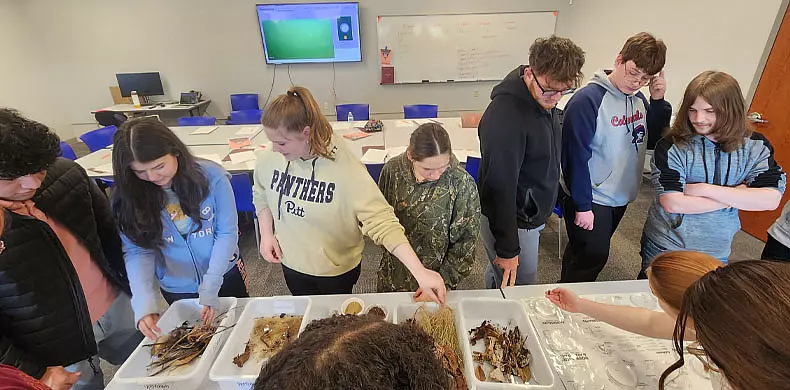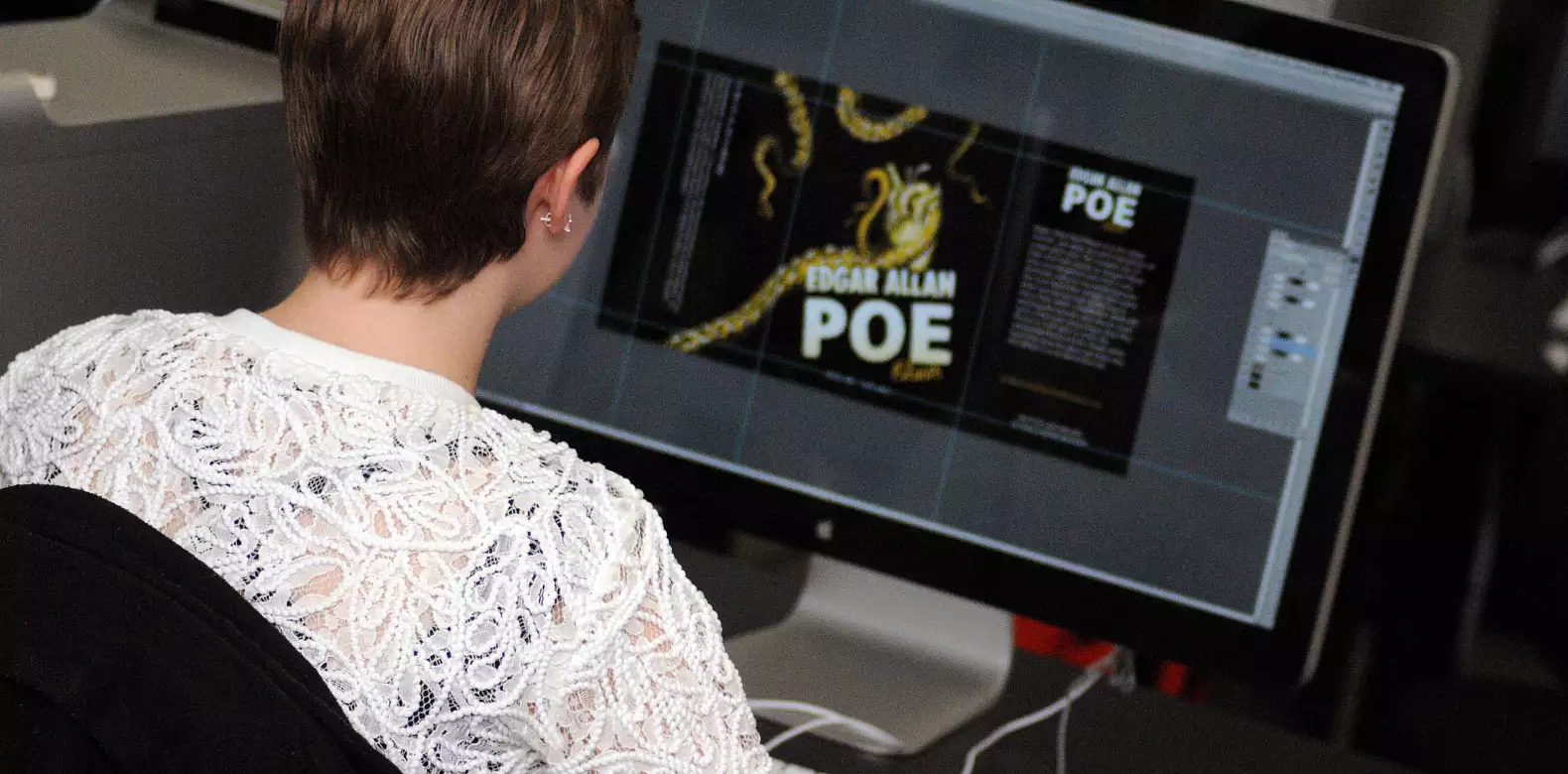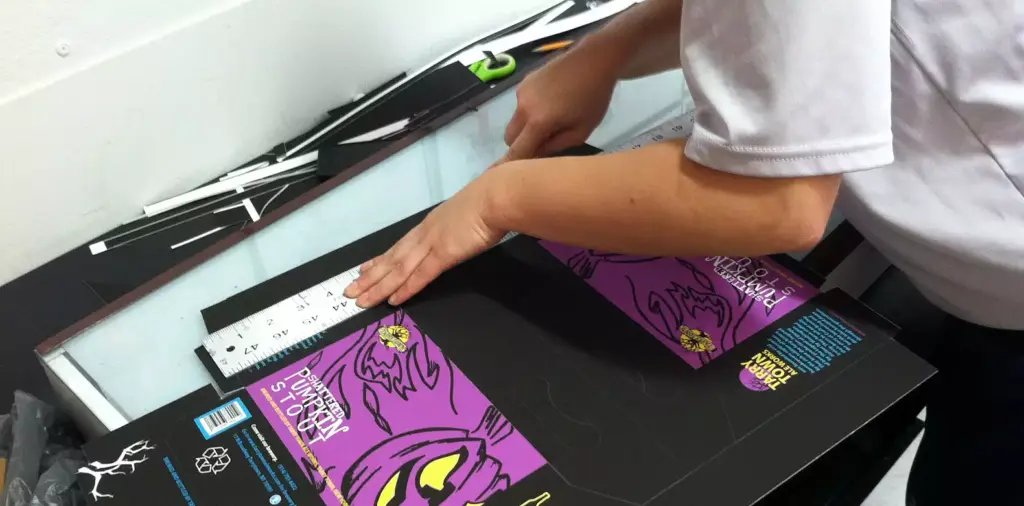Syllabus is an ongoing series of stories that gives readers an inside look at some of Susquehanna’s most interesting classes.
The Class: Confucian Ethics, RELI-318
The Professor: Matthew Duperon, religious studies
What would Confucius say about today’s hot-button issues? How can we live in the footsteps of one of the great philosophers? This is what Matthew Duperon, associate professor of religious studies, seeks to answer in his course Confucian Ethics.
“Confucius was an ancient Chinese philosopher whose ideas laid the foundation for East Asian culture and society, and remain influential across East Asia today,” Duperon said. “This course focuses on the teachings of Confucius and the resulting Confucianism movement.”
Students study classical texts and propose Confucian solutions to modern problems.
“An important theme in the course is situating students in their real-world historical context as Susquehanna students, but we also feature a weekly reflective writing assignment and discussion called ‘What Would Confucius Say?’” Duperon said. “I ask students to address some real-world ethical issue by applying insights from the texts we’re reading in class and imagining what a Confucian response might look like.”
Students also consider how communities express and reinforce their values via ritual and ceremony, and how the university’s traditions on campus do that, Duperon said. They do this by exploring archival material and speaking with alumni. Based on students’ archival research and interviews, they write two papers:
- Memorial to the Throne, a genre in traditional China that was basically a policy memo to the government, in which students will argue to a university leader in favor of changing or renewing or starting a tradition on campus.
- Exhortation to Virtue, a combination of several traditional Chinese genres, in which students advocate for the same topic but by addressing their peers.
“This exercise helps to demonstrate how we change writing to be persuasive to different audiences,” Duperon said. “Students have to appeal to the continuity of traditions at SU by citing evidence from the archives and alumni to establish the pattern of values we hold as a community and how we live them on campus.”





